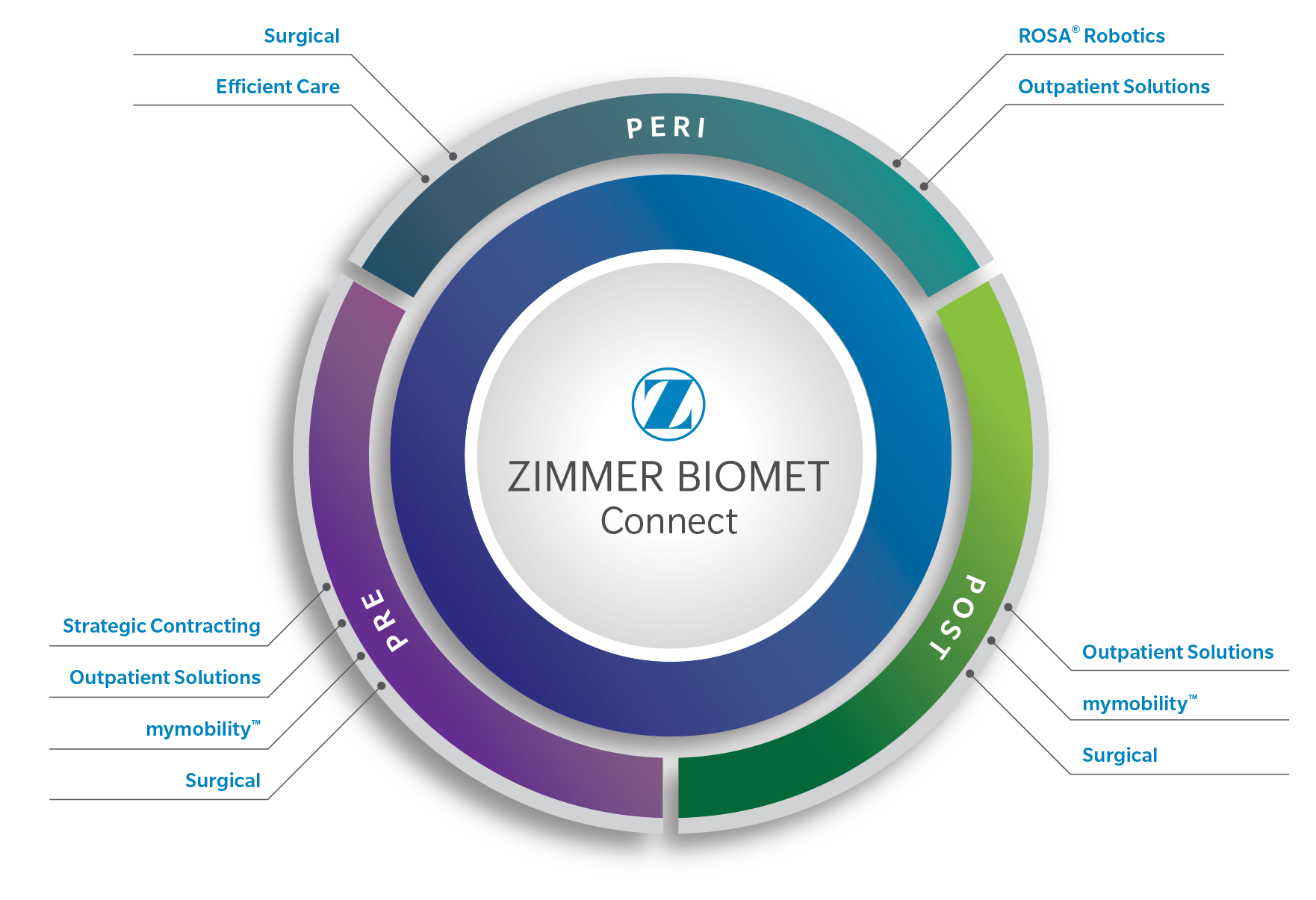Is it time for elbow replacement?
That's a question you and your doctor will have to answer together.
But when elbow pain is so bad it interferes with the things you want
or need to do, the time may be right to consider elbow replacement.
You and your doctor must consider many other factors prior to
surgery, including your age, overall health and bone density. Every
surgical procedure has risks and benefits. Your individual results
will depend on personal circumstances and recovery takes time.
Doctors may delay total elbow replacement for as long as possible
in favor of less invasive treatments. However, if you have advanced
joint disease, you and your doctor may evaluate elbow replacement
for a chance to relieve pain and restore function.
When your life is dictated by the limitations caused by your
painful elbow, consider speaking with an orthopedic surgeon about
joint replacement.





